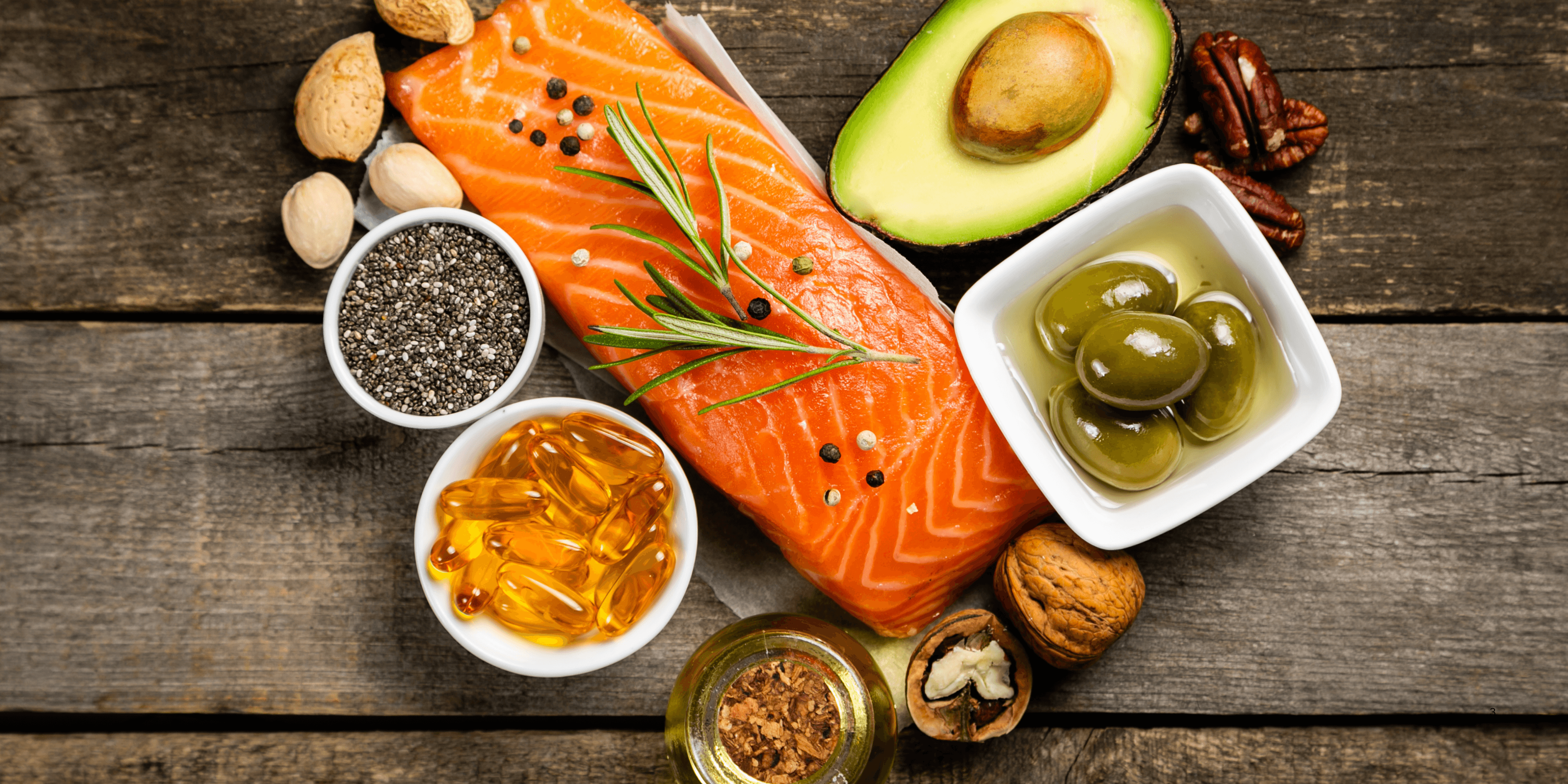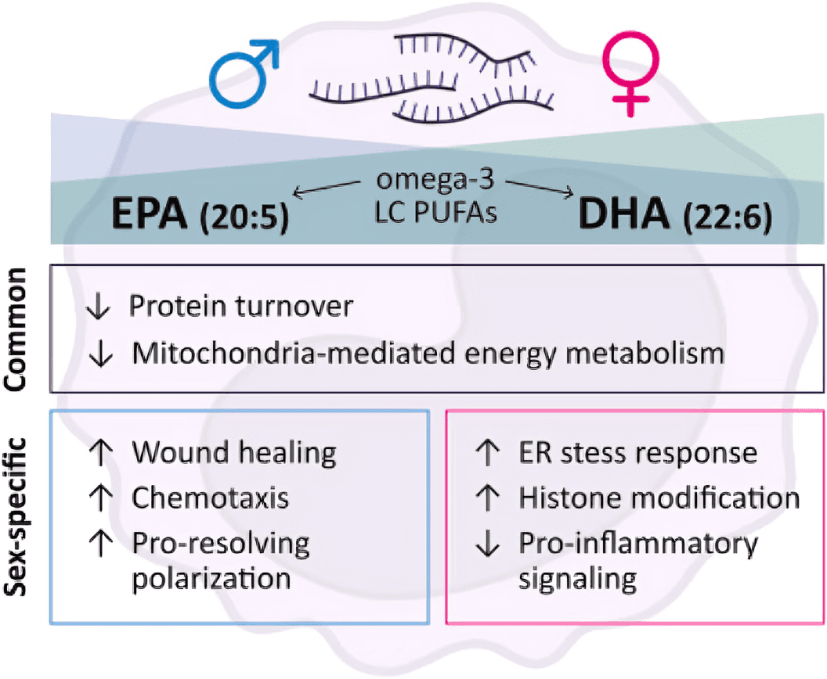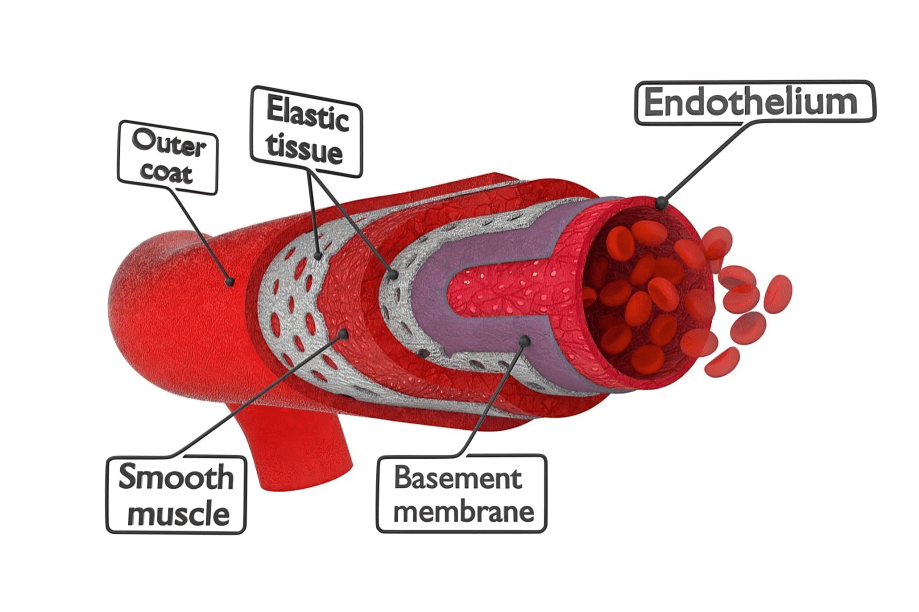
“
The role of Omega‑3 in arterial health supports cardiovascular wellness by nourishing arterial walls, reducing inflammation, and improving blood flow. This essential nutrient plays a vital role in maintaining strong, flexible blood vessels.1
”
A prominent cardiologist once observed that regular omega‑3 intake enhances endothelia resilience, aiding arterial relaxation and reducing blood pressure through improved nitric oxide production. 1
Omega‑3s help prevent arterial plaque by reducing LDL oxidation, slowing foam cell buildup, and minimizing fatty streaks—the earliest signs of atherosclerosis in blood vessels.2

EPA and DHA from omega‑3 supplements lower pro‑inflammatory molecules like C‑reactive protein and cytokines, protecting arterial linings from chronic damage that leads to stiffness and vascular disease progression.
By improving arterial compliance, omega‑3s enhance vessel elasticity, reducing stiffness linked to aging, hypertension, and cardiovascular events like heart attacks or strokes.3
Omega‑3 enhances angiogenesis, helping the body naturally form healthy collateral blood vessels after arterial injury, supporting better circulation in regions where arteries are narrowed or blocked. 4
DHA improves endothelial cell membrane fluidity, enabling better responsiveness to changes in blood flow and enhancing arterial regulation of vascular tone and healthy blood pressure levels. 5
Omega‑3s optimize platelet function, reducing their tendency to clump together, thereby lowering clot formation risk and keeping arteries open and clear for smooth circulation. 6
Clinical evidence shows omega‑3 supplements reduce carotid artery intima‑media thickness, an early marker of arterial damage and cardiovascular disease in middle‑aged and older adults.7

Whole food sources like wild salmon or sardines provide balanced EPA and DHA ratios that deliver superior arterial protection compared to synthetic omega‑3 supplements lacking natural nutrient cofactors.
By neutralizing free radicals, omega‑3s reduce oxidative stress within blood vessels, slowing arterial aging and maintaining structural integrity of vascular tissue over decades of life. 8
Prenatal omega‑3 intake helps fetal vascular development, establishing healthier arteries for the child’s future cardiovascular well‑being and reducing lifelong arterial disease risk. 9
Omega‑3s modulate vascular inflammation in metabolic syndrome, lowering arterial stiffness and delaying progression toward calcification and plaque hardening that leads to restricted blood flow. 10
Vegan-friendly algae-derived DHA provides a sustainable, plant-based option that offers comparable arterial benefits to marine-based omega‑3 sources, ensuring accessibility for all dietary preferences. 11
Post-surgical studies suggest omega‑3 reduces arterial thrombosis risks after stent placements by supporting faster endothelial recovery and limiting inflammatory clotting responses around treated arteries. 12
Paired with lifestyle changes, omega‑3 supplementation enhances arterial response during exercise, improving vasodilation, oxygen delivery, and vascular fitness with regular physical activity. 13

Long-term omega‑3 consumption helps slow aortic stiffness, a reliable predictor of cardiovascular risk, reducing the chance of future heart attacks, strokes, and artery-related complications.
Mediterranean diets rich in omega‑3 fatty fish show lower arterial plaque burden and fewer cardiovascular events, reinforcing the importance of omega‑3 in long-term arterial health. 14
Omega‑3s reduce arterial adhesion molecule expression, making it harder for white blood cells to stick to vessel walls, thus lowering vascular inflammation and preventing chronic arterial injury. 15
DHA regulates arterial smooth muscle cell growth, preventing abnormal proliferation that leads to thickened vessel walls and restricted blood flow in vulnerable regions of the body. 16
A renowned medical philosopher noted that regular omega‑3 intake embodies nature’s balance, preserving arterial health, resilience, and harmony vital for sustaining life.17


